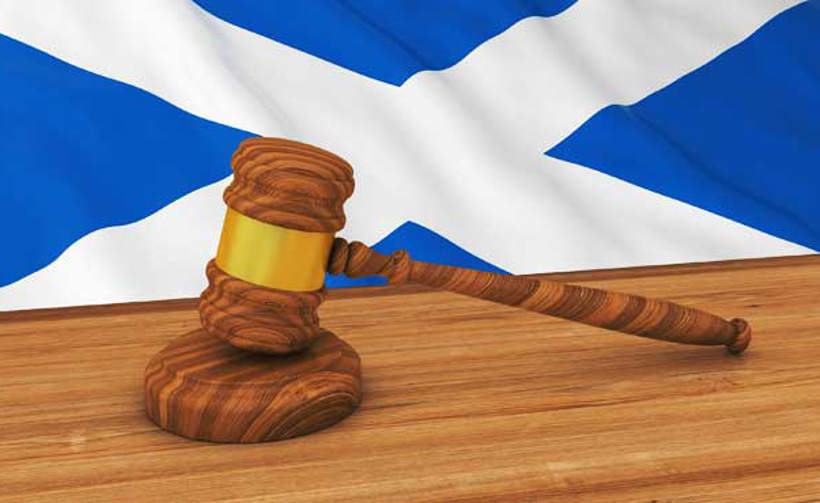
What is arbitration?
Arbitration is a private process for resolving disputes. Instead of taking a matter to court, parties can agree to refer their case to a neutral decision maker (an arbitrator) for a binding decision. Arbitration is a confidential process in Scotland which is backed up by legislation.
The legislation governing arbitration in Scotland changed fairly recently by way of the Arbitration (Scotland) Act 2010. This new legislation has substantially improved the rules governing the arbitration process in Scotland and arbitration is now being put forward as a potential option for resolving personal injury/medical negligence disputes.
Several members of Drummond Miller’s litigation team recently attended the Faculty of Advocates Arbitration in Scotland Conference 2017 to find out whether or not arbitration is something which might now be of assistance to some of our clients involved in personal injury/medical negligence disputes.
How does arbitration work?
Both parties to a dispute have to agree to take the matter to arbitration. The dispute arising between the parties will be determined either: (1) by a sole arbitrator; or (2) by a tribunal of 3 arbitrators, chosen by the parties. Both parties must agree that they will accept the decision/award of the arbitrator(s) as final and binding.
Each party has an opportunity to present its case in the same way that it would do in traditional court proceedings. The losing party in the arbitration will be required to implement the award within a certain timescale. The successful party would be entitled to seek an order to enforce the award from the court, if necessary.
How might arbitration help me?
There might be a number of key benefits to parties in choosing arbitration to resolve their personal injury/medical negligence dispute, rather than taking the matter to court:
-
Speed: arbitration is usually a faster process than if the same dispute proceeded through the courts;
-
Expertise: parties can choose to select arbitrators who have knowledge or expertise in their specific area of dispute, allowing the process to be more focused;
-
Formality: arbitration proceedings are less formal than the court process and the procedure can be better constructed to meet the needs of the parties rather than the court;
-
Flexibility: the location and timings of hearings are flexible to meet the needs of the parties, the dispute and the timescales involved;
-
Cost: the cost of the arbitral process can be less than other methods of dispute resolution;
-
Confidentiality: the arbitral process allows more privacy/confidentiality to the parties, as the proceedings and awards are rarely made public;
-
Closure: with limited rights of appeal, arbitration generally brings earlier closure to disputes rather than in the court process.
Drummond Miller are always keen to explore alternative methods of dispute resolution, particularly where they might be beneficial to our clients in making the claims process any quicker, cheaper and less stressful for them. Arbitration in personal injury/medical negligence matters is very much in its initial stages at the moment, however, it may be that this becomes a useful method of resolving personal injury/medical negligence disputes for our clients in the future.
How can I find out more?
Please do not hesitate to get in touch with our litigation team should you wish further information about this alternative method of dispute resolution.
http://arb.advocates.org.uk/instructing-advocates/foa-arbitration
www.scottisharbitrationcentre.org
Take the next step
- Call us on 0131 226 5151
